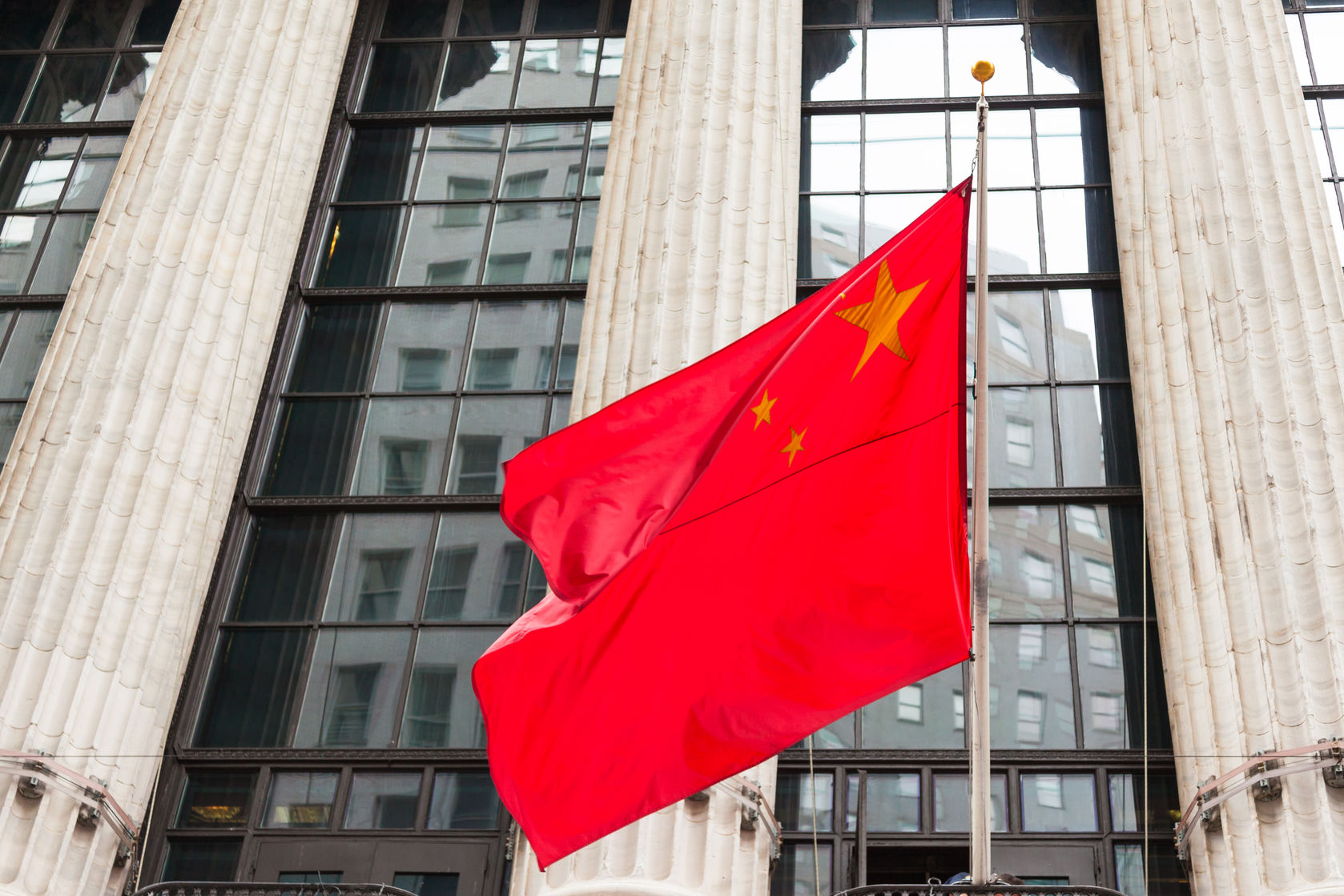3 September, 2018
China's position as a political and economic global power is well recognised but, from a dispute resolution point of view, it is fair to say that China has not historically been a jurisdiction of choice for international parties. This is in part due to concerns, in some cases justified, by judicial actions and decisions, that arbitral awards will not be appropriately respected by the Chinese courts.
Recently however the Chinese Supreme People's Court (SPC) has taken steps to implement a more pro-arbitration stance. It is not coincidental that the SPC's initiatives take place alongside the Belt & Road Initiative (BRI) which China is pursuing to increase its regional connectivity and stimulate trade. BRI projects have and will give rise to disputes, many of which are likely to be referred to arbitration given its suitability for resolution of disputes between international parties.
Understandably, the Hong Kong International Arbitration Centre (HKIAC), Singapore International Arbitration Centre (SIAC) and the International Chamber of Commerce (ICC) have taken steps to promote themselves as centres for the resolution of BRI disputes. However, even where a dispute is resolved in a well-respected arbitration jurisdiction, concerns remain over the enforceability of any resulting award in China. Will the SPC's new 'Provisions' successfully address these concerns and provide reassurance to foreign contracting parties?
SPC Provisions
The SPC's changes are implemented via 'Provisions'[1] . The pro-arbitration stance demonstrated by the Provisions can be seen in a few key areas:
Clear pro-arbitration guidelines in interpreting arbitration agreements
- When interpreting the governing law of an arbitration agreement, Chinese courts will look first to any agreement between the parties. Failing agreement on the law of the arbitration agreement, the Chinese courts will look to the law of the parties' agreement but this will not necessarily be determinative of the validity of the arbitration agreement. Rather, the courts will look to the law of the forum (seat) or where the chosen arbitral institution is based (for global institutions they look to its 'mother' location eg. Paris for the ICC). If the law of the forum and the law of the home of the institution are different, the court will apply the law which renders the arbitration agreement valid[2].
Avoidance of unpredictable results
- Where an arbitration agreement is subject to review by the courts, a first instance court's decision should be reported to the People's High Court in the relevant provincial-level region. For foreign arbitrations, and in certain circumstances domestic arbitrations, the decision must then be reported to the SPC before enforcement can be refused. These 'higher' courts are to confirm the decision of the 'lower' court which should limit the opportunity for inconsistent and erroneous results[3]. The reporting system is not new, but the extension to domestic arbitration is.
- Previously, the SPC issued a Notice[4] requiring courts of all levels to designate specialised divisions to handle review of arbitral cases. This, combined with the reporting procedure should ensure a familiarity with arbitration and the pro-arbitration approach encouraged by the SPC.
- Establishment of new China International Commercial Courts in Shenzhen and Xi'An as organs of the SPC with specific powers to consider applications for conservatory measures in arbitration proceedings and enforcement or set aside proceedings relating to the enforcement of international commercial arbitration awards[5].
Clarity on enforcement
- Clear definition of when enforcement of an award can be refused with the power to remit the award to the tribunal for revision, supplementation or explanation[6]
- Previously, parties could challenge enforcement of an arbitral award at any time until conclusion of the enforcement. The new Provisions state that an award debtor has 15 days from receipt of the enforcement notice to challenge the enforcement[7]. This is notably a short timetable but provides greater clarity for award creditors.
- Generally, though subject to certain exceptions, no appeal of a decision to enforce an arbitral award[8]
Steps in the right direction
It will of course take time for the new procedures to become familiar and for international parties to be comforted that China is a reliable jurisdiction for enforcement of arbitral awards. Understandably, concerns remain in some areas such as that the requirement for approval from the SPC could delay the enforcement process though doing so in the interests of a fair result. There are also concerns over the remaining disparity between domestic and foreign awards (particularly if an investment has been structured through a local company thus rendering an award potentially 'domestic'), the level of party involvement in this reporting process and transparency over the decisions made. This said, it is encouraging to see recognition from the SPC that China has work to do to be a leading arbitration jurisdiction and all steps in this direction should be welcomed.
Peter Hirst is Chair of Clyde & Co BRI Committee and ICC Ambassador for the BRI
For further information, please contact:
Peter Hirst, Partner, Clyde & Co
peter.hirst@clydeco.com
[1] Provisions of the Supreme People's Court on Judicial Review of Arbitral Matters; Provisions of the Supreme People's Court on Reporting and Confirming Judicial Review Decisions regarding Arbitral Matters; Provisions on Courts' Handling of Arbitral Award Enforcement Cases; Provisions of the Supreme People's Court on Several Issues Regarding the Establishment of International Commercial Courts
[2] Provisions of the Supreme People's Court on Judicial Review of Arbitral Matters, Article 13, 14
[3] Provisions of the Supreme People's Court on Judicial Review of Arbitral Matters, Article 2
[4] Notice on Some Issues Concerning the Centralised Handing of Judicial Review of Arbitration
[5] Provisions of the Supreme People's Court on Several Issues Regarding the Establishment of International Commercial Courts
[6] Provisions on Courts' Handling of Arbitral Award Enforcement Cases, Article 3, 4
[7] Provisions on Courts' Handling of Arbitral Award Enforcement Cases, Article 8
[8] Provisions of the Supreme People's Court on Judicial Review of Arbitral Matters, Article 20

.jpg)

.jpg)



